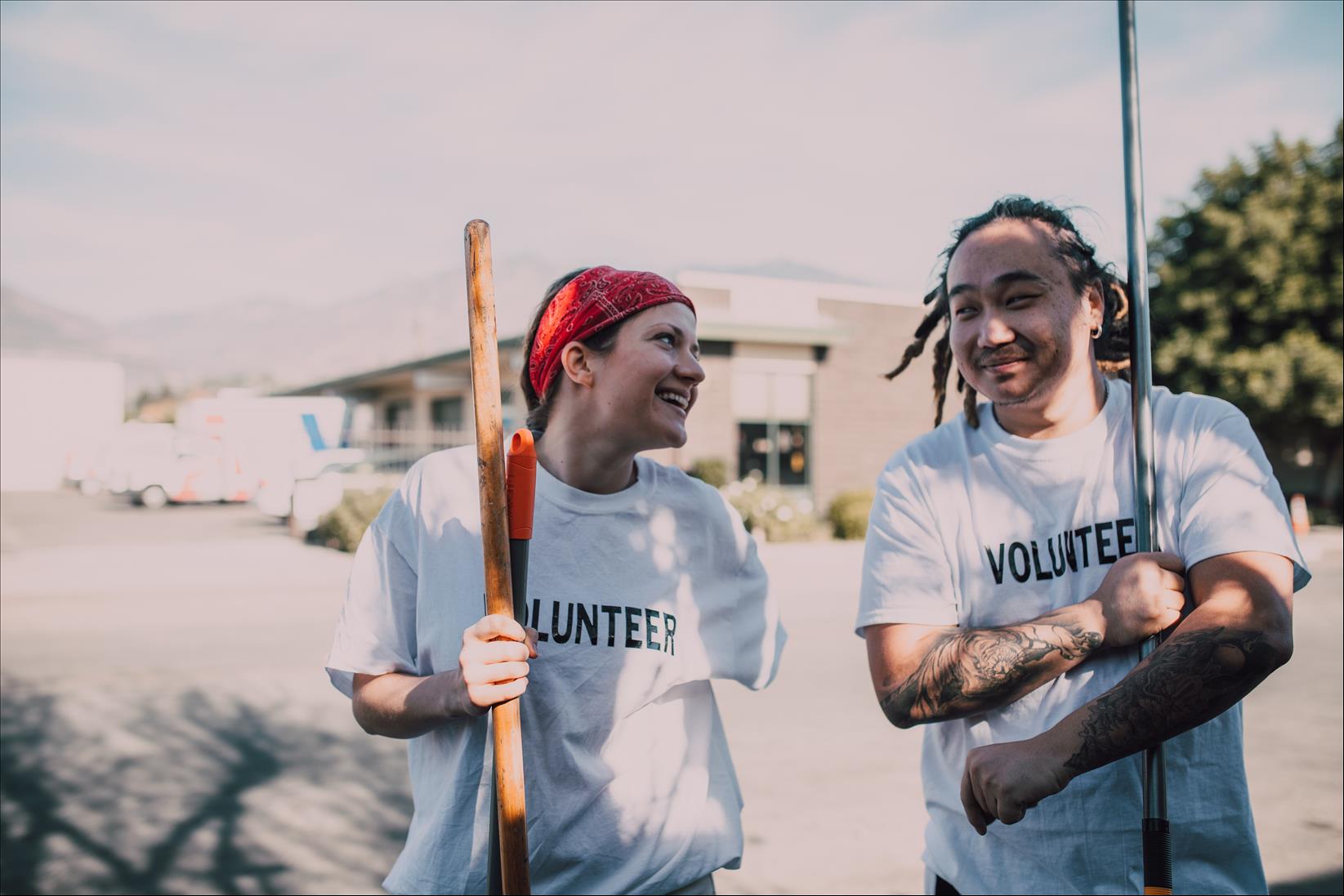
How Helping Others During Major Life Transitions Could Be A Path To Greater Well-Being
Nearly began post-secondary education in Canada this September. The start of college is an exciting time, filled with new friendships, information and routines. Yet, the transition can also be stressful with students managing unfamiliar challenges and adopting different identities.
What can help support student well-being during this life transition? While various strategies encourage people to focus on through exercise, nutrition or mindfulness, our research examines the importance of engaging in everyday acts of kindness toward others.
One of the authors of this story, Lara, researches whether helping can promote happiness for the helper at Simon Fraser University. Tiara's doctoral work examines whether helping and kindness can boost mental health during major life changes, such as the start of post-secondary education.
Engaging in kind actionsMany reveal that people who engage in kind actions, such as volunteering and donating to charity, also report greater well-being.
Helping others has been shown to promote happiness. (Shutterstock)
Similarly, in experiments, people who buy feel happier after than people who buy the same small treats for themselves.
Helping others has been shown to promote happiness in a wide variety of different groups, under the age of two, and . Some research has examined how people in both poor and rich countries from helping others with their financial resources.
But does helping lead to happiness even when helpers face personal difficulty and stress, such as during a big life change like starting college?
Reducing everyday stressSome evidence suggests that this is possible. found the effects of everyday stress were reduced when participants engaged in higher levels of kindness or generosity.
However, life transitions, such as starting college, can bring than every day.
To explore whether giving to others can support mental health during the start of post-secondary education, we asked nearly 200 students in the fall of 2020 and 2021 at Simon Fraser University to report their daily acts of kindness and well-being each week during most of their first semester.
Consistent with predictions, our research, which is currently being written for peer review, found that students felt greater personal happiness, optimism and resilience as well as lower anxiety in the same weeks in which they did more kind acts.
It is worth noting that meaningful acts of kindness were relatively small, inexpensive (or cost-free) and familiar. For instance, students reported sharing notes with their peers, holding the door open for someone walking behind them and helping to edit an essay or homework.
What's the secret to happiness during big life changes? (Andrea Piacquadio/Pexels) Self-care and more
These findings may be surprising, though. During stress and change, people are often advised to focus inward by by .
Our data suggest this advice may be useful, too. Students in our sample also reported greater well-being in weeks where they engaged in more self-care including exercise, time with friends or speaking with family.
However, our research offers an additional and likely overlooked path to well-being during life transitions: looking outward to help others. Why not practise complimenting a classmate, sharing advice on where to find parking or even pick up litter on the way to class?
In consideration of the positive benefits of , institutions might explore promoting volunteer activities during the first semester alongside other first-year supports.
New routines after COVID-19We are continuing to explore this question with additional studies and samples. For instance, we are conducting a five-week experiment in which new students are instructed to complete kind acts for themselves or others over the first several weeks of their first semester of post-secondary study.
The question of whether helping others can lead to happiness during a major life transition is broadly relevant as millions of people start new jobs, move to new cities or adjust to new routines in the wake of COVID-19.
Our research offers a poignant reminder that helping others may also have the benefit of helping ourselves, even during times of uncertainty and change.

Legal Disclaimer:
MENAFN provides the
information “as is” without warranty of any kind. We do not accept
any responsibility or liability for the accuracy, content, images,
videos, licenses, completeness, legality, or reliability of the information
contained in this article. If you have any complaints or copyright
issues related to this article, kindly contact the provider above.


















Comments
No comment